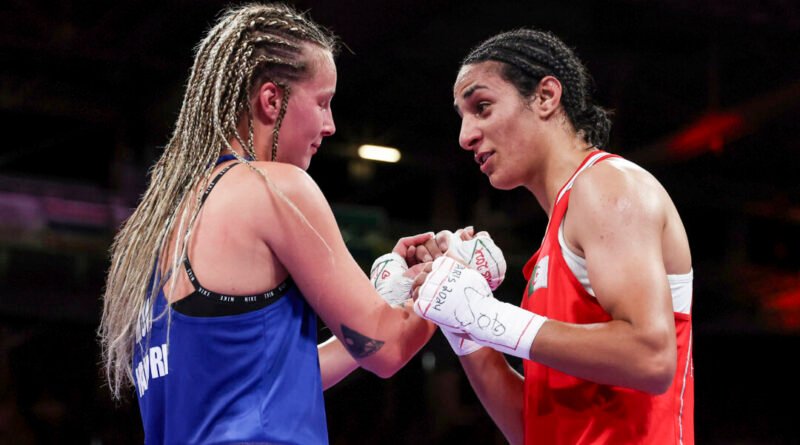The Lengthy Turmoil Surrounding the Olympic Boxing Gender Eligibility Controversy
Despite no longer being recognized as boxing’s governing body since last year, the Russian-controlled IBA has succeeded in diverting attention from Olympic triumphs.
While viewers celebrate medal triumphs, personal bests, and Olympic records, the 2024 Paris Olympics has not been without controversies, involving only two of the more than 11,000 athletes participating.
Boxers Imane Khelif and Lin Yu-Ting have been caught in an ongoing battle between Russia and the West for control of the sport, with gender issues raised as part of this dispute.
In 2019, the International Olympic Committee (IOC) suspended the International Boxing Association (IBA) due to financial mismanagement and leadership issues. Subsequently, the IOC voted 69-1 (with 10 abstentions) to cease recognizing the IBA as boxing’s governing body.
In response, the IBA accused the IOC of making a “tremendous error.”
Meanwhile, in 2022, Algerian boxer Khelif was disqualified three days after winning a bout against Russian fighter Azalia Amineva, maintaining Amineva’s unbeaten status.
The IBA stated that Khelif and Lin did not meet the necessary eligibility criteria and were found to have competitive advantages over other female competitors, leading to their disqualification despite years of competition in IBA tournaments.
Despite lacking recognition in the sport, the IBA highlighted the issue when both boxers competed in Paris this year and offered prize money totaling US$3.1 million to medal winners, despite the diminishing membership of national boxing federations.
Gender testing scrutiny revealed that the IBA’s eligibility tests were obfuscated, leaving doubts about the accuracy of the tests raised by the IOC. The IOC has refrained from setting gender eligibility rules for sports, giving decision-making authority to governing bodies of each sport.
With no replacement for the IBA yet recognized, boxers are left without a way to compete, with opponents lacking a standard to evaluate participation.
The withdrawal of IOC recognition of the IBA was the culmination of a series of events involving the governing body. Former IBA President Ching-kuo Wu faced allegations of corruption, and subsequent leadership changes resulted in financial crises and internal conflicts.
Despite ongoing turmoil, attempts to replace IBA leadership and address allegations of threats during events led to widespread boycotts and accusations against the IBA leadership by the IOC.
Roughly three dozen federations have left the IBA in the past two years to establish World Boxing, a new governing body seeking to replace the IBA in the upcoming Olympic cycle.



